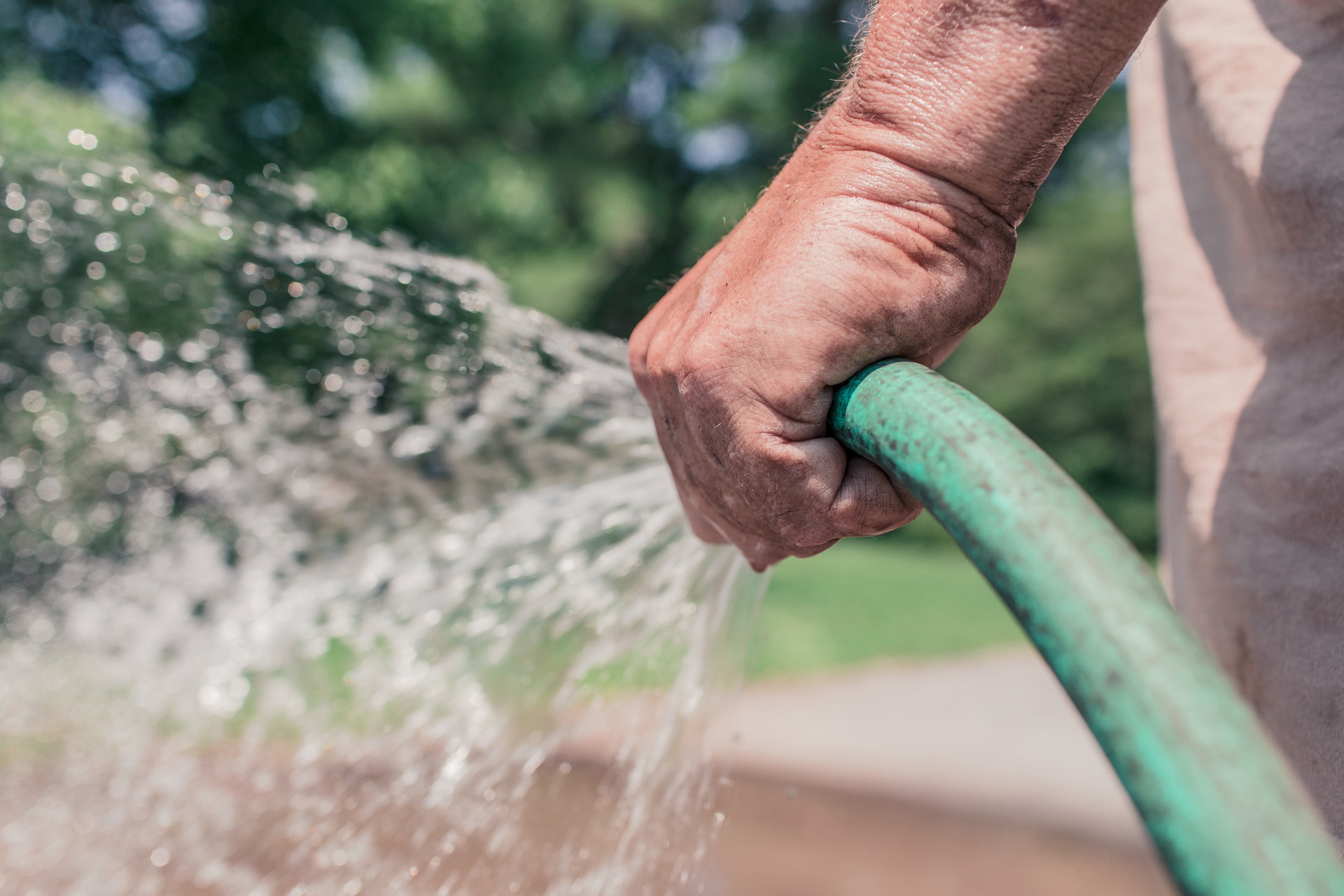There is plenty of speculation in the media this week about whether there will be a hosepipe ban. The bookies are getting involved, with Paddy Power giving odds of 4/1 for a nationwide hosepipe ban to be put in place in 2018 (at the time of writing).
To many, a hosepipe ban is an inconvenience – watering the garden and washing the car can become very time-intensive tasks without a hosepipe.
But it’s easy to work out why they’re instinctively necessary. If you combine zero rainfall with very hot temperatures, water reserves can dry up, sparking drought fears.
And it’s not a good feeling for water companies.
Over the past two winters, rainfall was lower than normal, which meant that water reserves were below comfortable levels. This year, the UK suffered lots of flooding and storms in March, which helped the cause, but the June heatwave is depleting reserves and groundwater levels once more.
During a hosepipe ban, local water companies have specific rules about what you can and cannot do. The value of a hosepipe ban is that it targets a non-essential use of water, so people are more likely to comply, because you’re not, for example, limiting their shower time. Also, targeting one specific use of water – and trying to change that use of water – can be more effective than attempting to change overall consumption across many different habitual behaviours.
Hosepipe bans reiterate how we need to get ahead of drought problems. There are many cities in the world that could face huge water issues in the future as a result of drought – London being a main example. A hosepipe ban is a way of “putting a plaster” on a larger problem that needs addressing. Water companies should use hosepipe bans as a way of re-engaging customers on the importance of regulating household consumption more broadly.
Teaching consumers about their role in reducing water use is key to fighting drought. It helps everyone involved. It helps water companies stay in line with OFWAT’s per capita consumption (PCC) guidelines; it helps to preserve precious water reserves, and helps to increases customer satisfaction levels overall if consumers understood more about their habitual use – and how that translates into lower bills. In our work with Anglian Water, almost 20,000 litres of water a day can be saved in UK towns of around 4,500 or so homes. It’s a win-win: consumers reduce their bills, and Anglian Water can help preserve the environment.
I cannot stress how important water reserves are. The crisis in Cape Town proves it. As weather patterns are changing, and heatwaves are the “norm”, fighting drought should be a larger priority for water companies AND consumers.
Interested in the future of utilities ?



